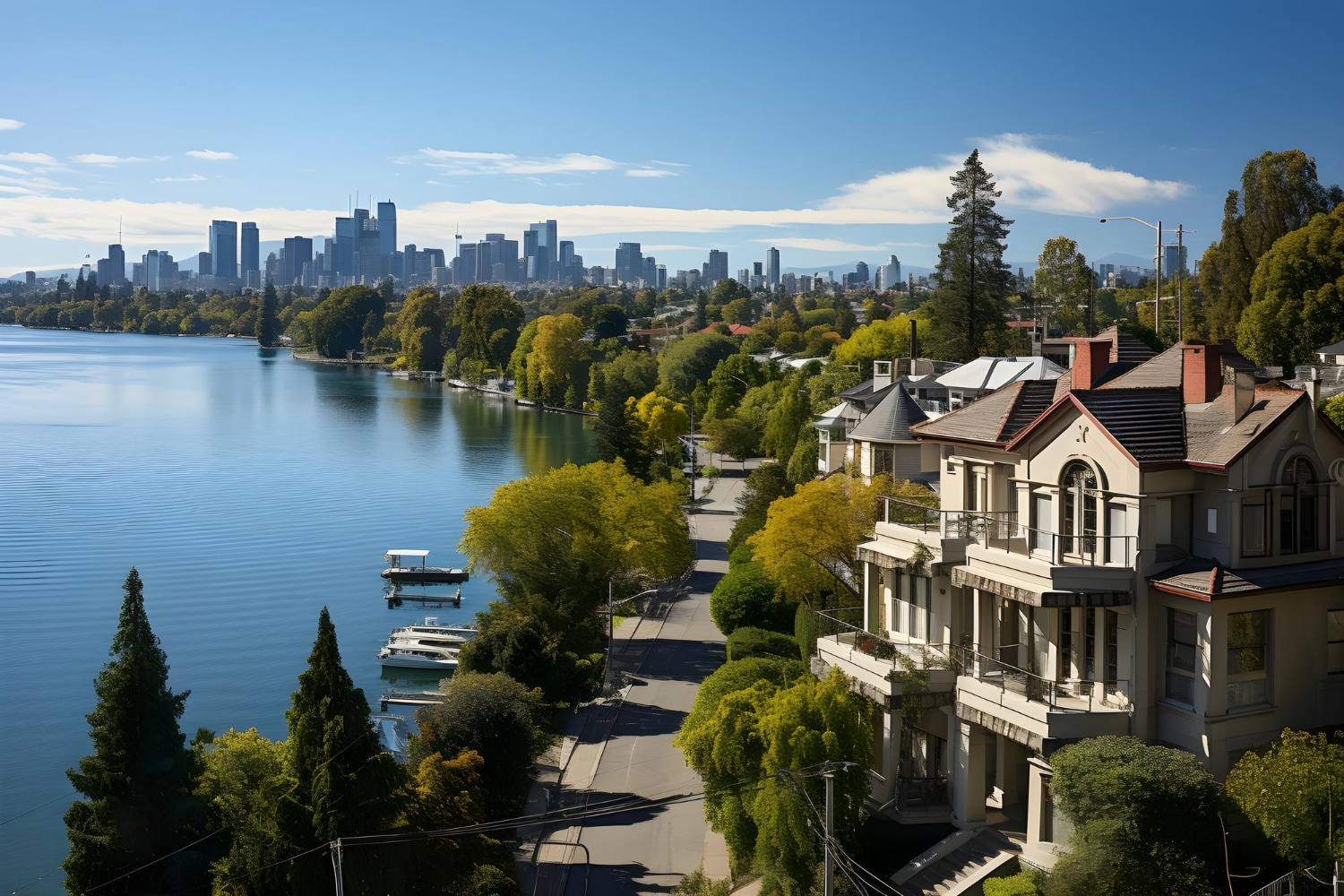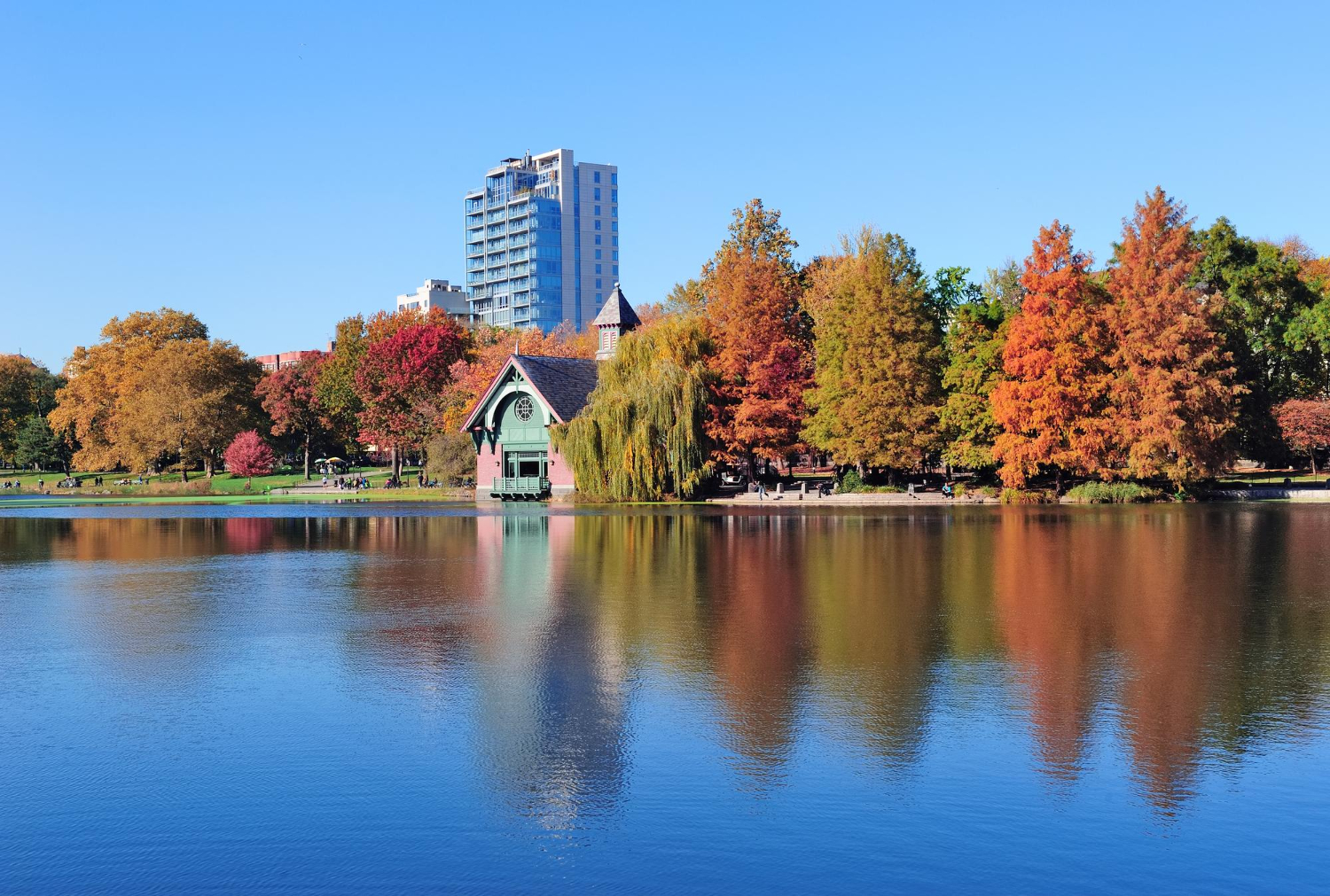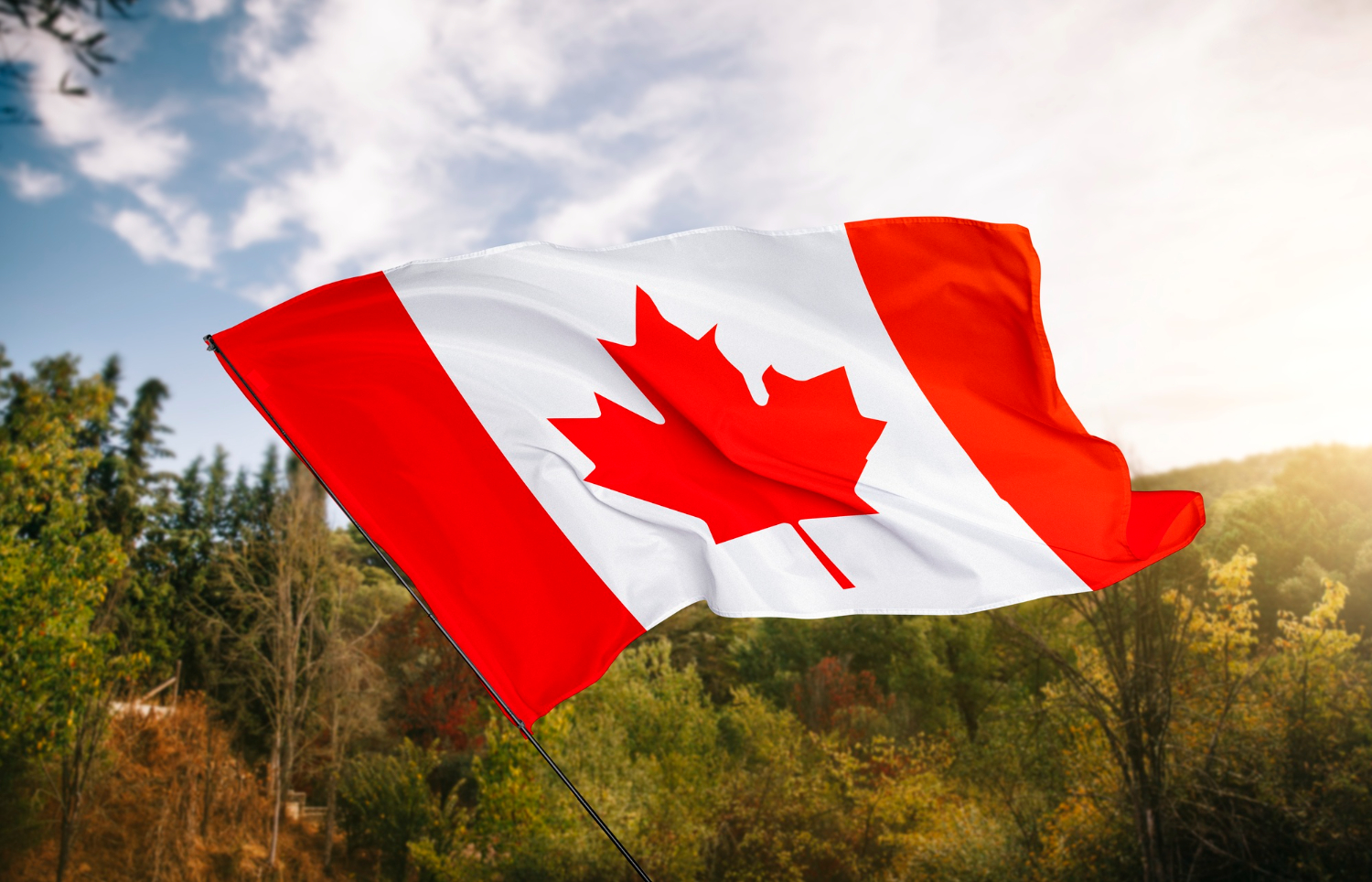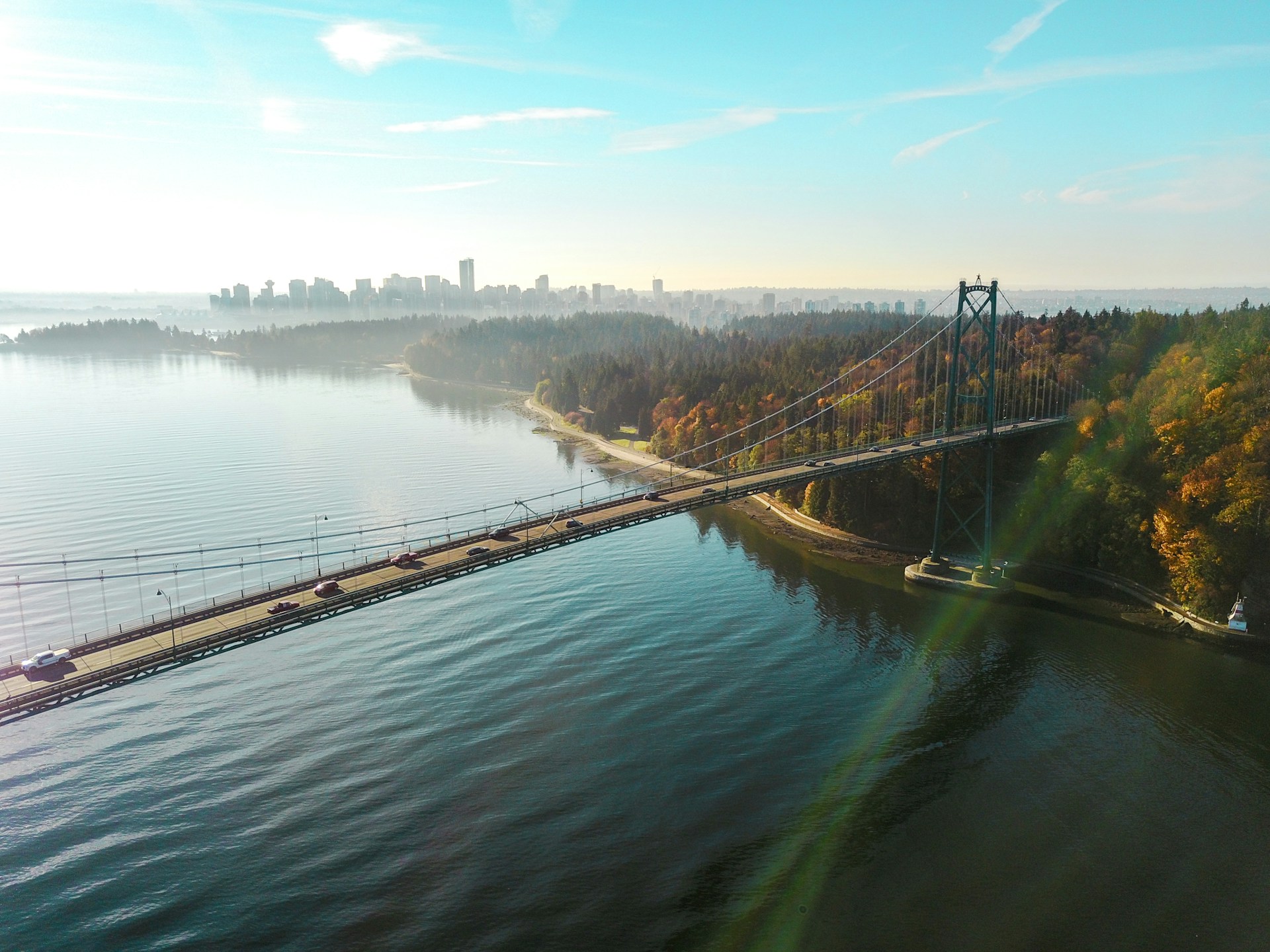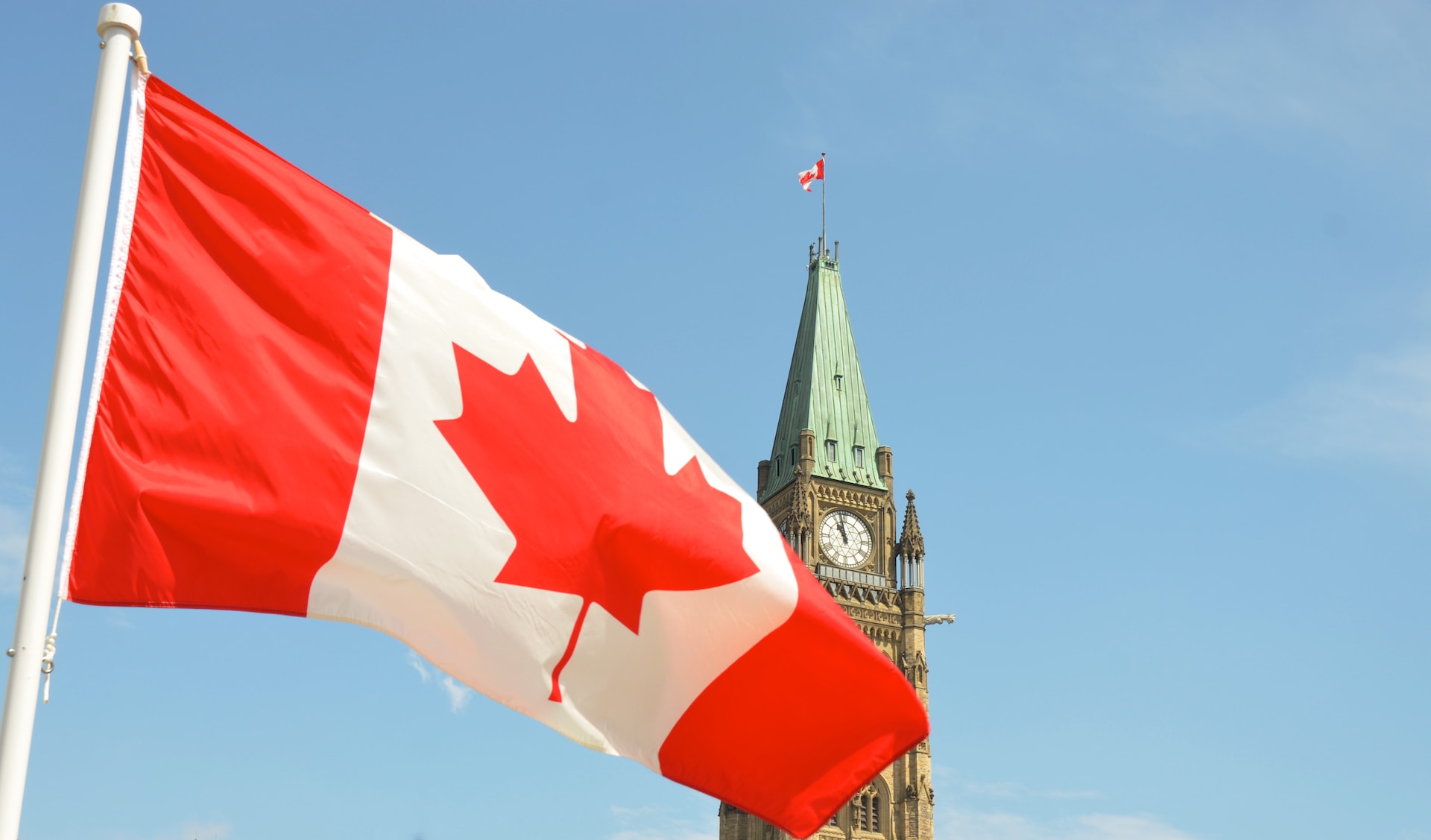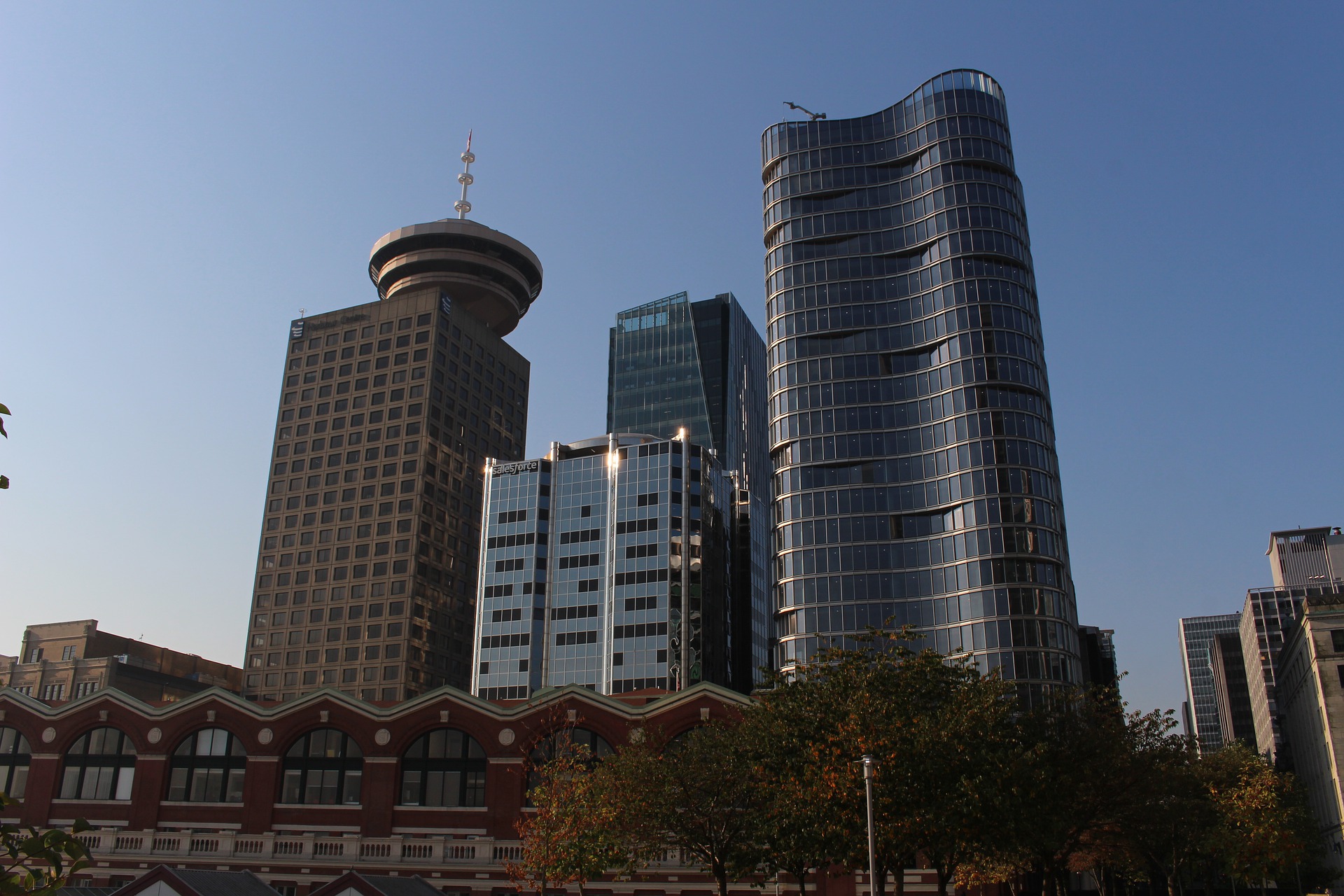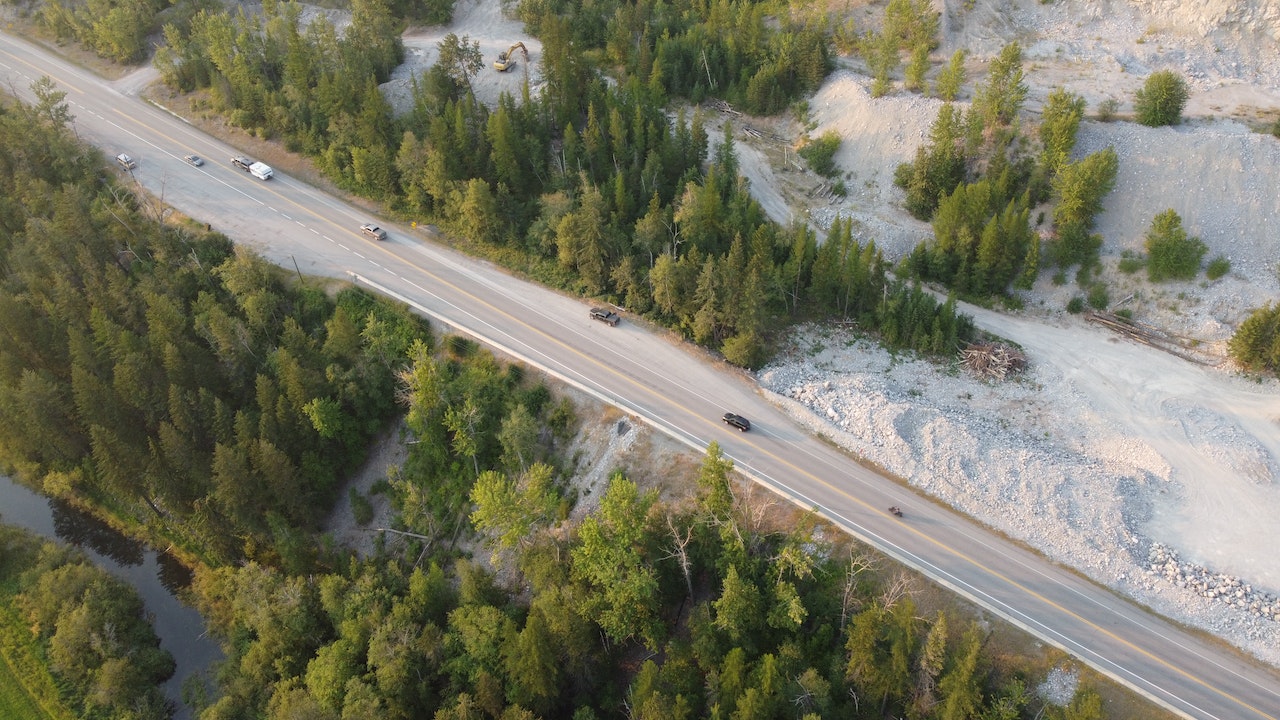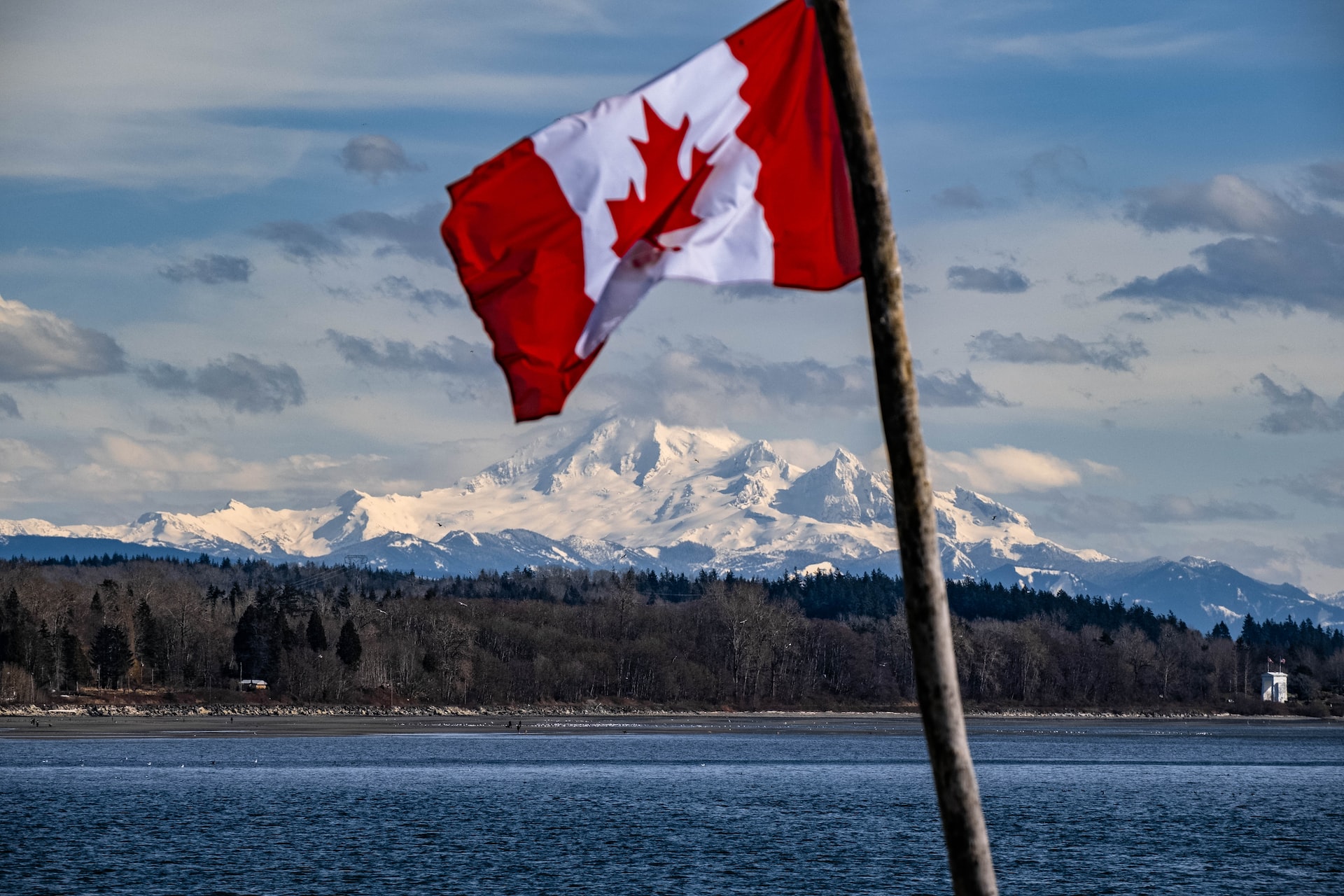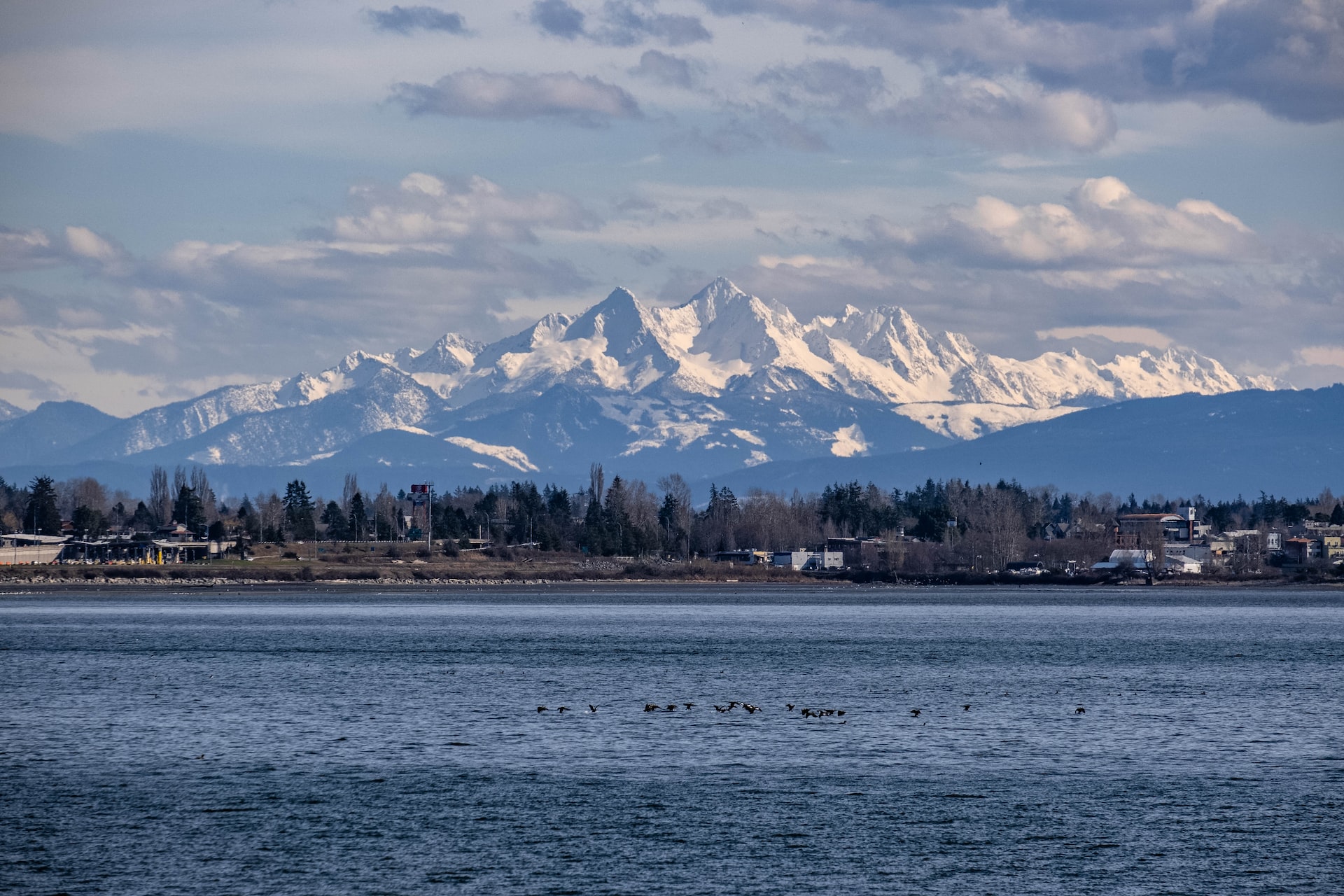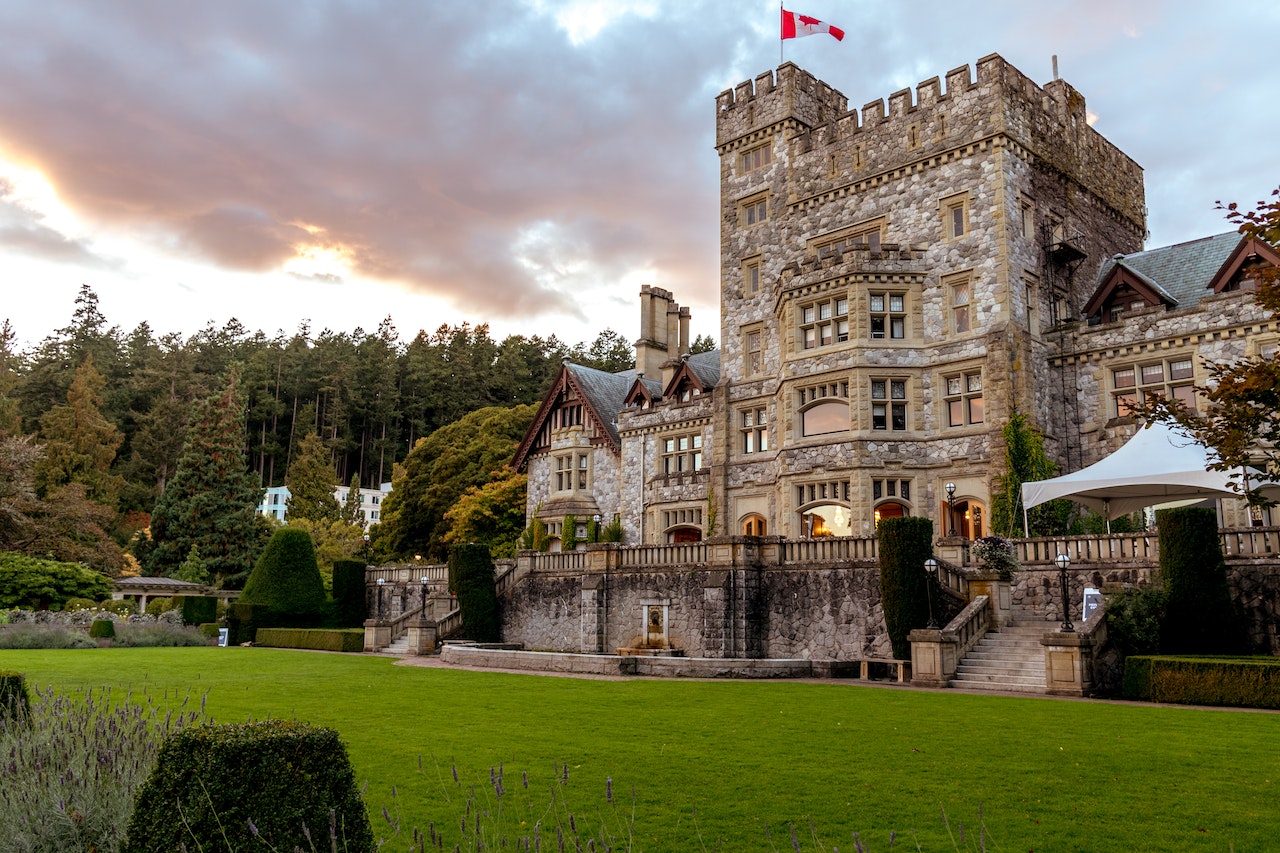
British Columbia has released its 2024 Provincial Nominee Program (PNP) Annual Report, providing in-depth insights into immigration nominations, occupational trends, and program changes. The report outlines the province’s strategic use of immigration to address regional labour market demands and highlights how nominations were distributed across streams, sectors, and geographical regions.
Also Read BC PNP 2024 Report Unveiled: Immigration Trends, Salaries, and Policy Overhaul
2024 Nominations Overview
British Columbia received and utilized its full federal nomination allocation of 8,000 nominations for permanent residency through the BC PNP. The vast majority—7,972 nominations (99%)—were granted under the Skills Immigration (SI) stream, which targets skilled and semi-skilled workers essential to B.C.’s workforce. The remaining 28 nominations supported entrepreneurs through the Entrepreneur Immigration stream.
Skills Immigration (SI) Stream Allocation:
| Stream under SI | Percentage of Nominations |
| Skilled Worker | 35% |
| Health Authority | 23% |
| Entry-Level and Semi-Skilled (ELSS) | 3% |
| International Graduate | 20% |
| International Post-Graduate | 19% |
A significant 81% of all SI nominations in 2024 were granted to applicants with a current B.C. job or job offer, addressing real-time gaps in the labour market.
Shifting Occupational Trends in 2024
The occupational composition of nominees evolved notably in 2024. The most prominent category was education, law, social/community services, reflecting a push to fill roles such as early childhood educators. The natural and applied sciences followed closely, demonstrating the province’s ongoing focus on tech and engineering talent.
Occupational Distribution of SI Nominees:
| Occupational Category | Percentage (2024) |
| Education, Law, Social/Community/Government Services | 23.5% |
| No listed occupation (IPG stream nominees) | 18.7% |
| Natural and Applied Sciences and Related | 16.3% |
| Health | 12.1% |
| Sales and Services | 12% |
| Business, Finance, and Administration | 8% |
| Trades, Transport, and Equipment Operators | 7.4% |
| Arts, Culture, Recreation, and Sport | 1.2% |
| Legislators and Senior Management | 0.4% |
| Manufacturing and Utilities | 0.3% |
| Natural Resources, Agriculture, and Related Production | 0.1% |
Income Levels Across Streams
The report also provided data on median salaries across different nominee streams, offering a glimpse into the economic contribution of newcomers.
| Stream | Median Salary (2024) |
| Skilled Worker | $72,800 |
| International Graduate | $51,501 |
| Entry-Level and Semi-Skilled | $39,520 |
| Health Authority | $56,992 |
International Diversity and Regional Distribution
B.C.’s PNP nominees came from a diverse range of countries, with India, China, Philippines, Iran, and Nigeria topping the list of source nations.Efforts to decentralize immigration benefits were evident, with 42% of all nominees settling outside Metro Vancouver, encouraging growth in smaller communities and regional centres.
Policy Changes Introduced in 2024
The year saw several significant programmatic changes aimed at restructuring and optimizing the province’s nominee strategy:
- Graduate Stream Closures:
In March 2024, British Columbia announced the closure of its International Graduate and International Post-Graduate streams. These were originally slated to be replaced by three new academic pathways: Bachelor’s, Master’s, and Doctorate streams. However, these replacements were suspended due to a reduced federal nomination quota for 2025. - Entrepreneur Immigration Regional Stream Made Permanent: The Entrepreneur Immigration Regional Pilot, which had been tested over several years, was formalized as a permanent stream in May 2024. This move reflects the province’s long-term vision to stimulate economic development in rural and smaller communities by attracting entrepreneurial talent.
Looking Ahead
With an evident emphasis on both labour market responsiveness and regional development, the 2024 BC PNP report underscores the province’s proactive approach to immigration management. However, looming changes in 2025—especially the reduced nomination allocations—may affect future intake volumes and program structure.
As British Columbia adapts to evolving demographic and economic challenges, its Provincial Nominee Program continues to play a central role in shaping the province’s skilled workforce and regional development strategy.
























